Paul Thomas Anderson's Magnolia is considered one of the finest films to be produced in the past two decades. The three-hour multi-narrative tale of several interconnected Los Angelinos earned three Oscar nominations and two Golden Globes, including a win for star Tom Cruise in a Supporting Role.
Also starring Jason Robards, Philip Seymour Hoffman, John C. Reilly, Melora Walters, William H. Macy, Philip Baker Hall, and a large supporting ensemble, Magnolia takes place over the course of 24 hours as a series of people grapple with their troubled stations in life. With the film celebrating the 20th anniversary of its theatrical release, here are 10 behind-the-scenes facts about the making of Magnolia.
10 Original Idea/Final Cut
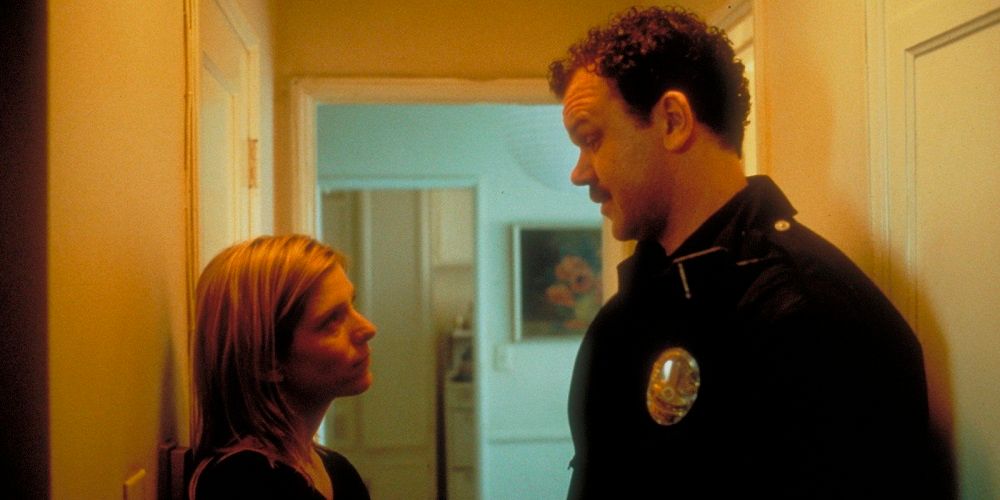
Following the massive success of Anderson's previous film, Boogie Nights, New Line Cinema gave him the freedom to make any movie he wanted while retaining Final Cut in the process. Anderson quickly agreed, figuring that he'd never get such an opportunity ever again.
Originally, the idea for Anderson was to make a small, quick, intimate film. He began working on the character of Claudia (Walters) first, but the deeper he got, the more complex the story became.
9 Script Process
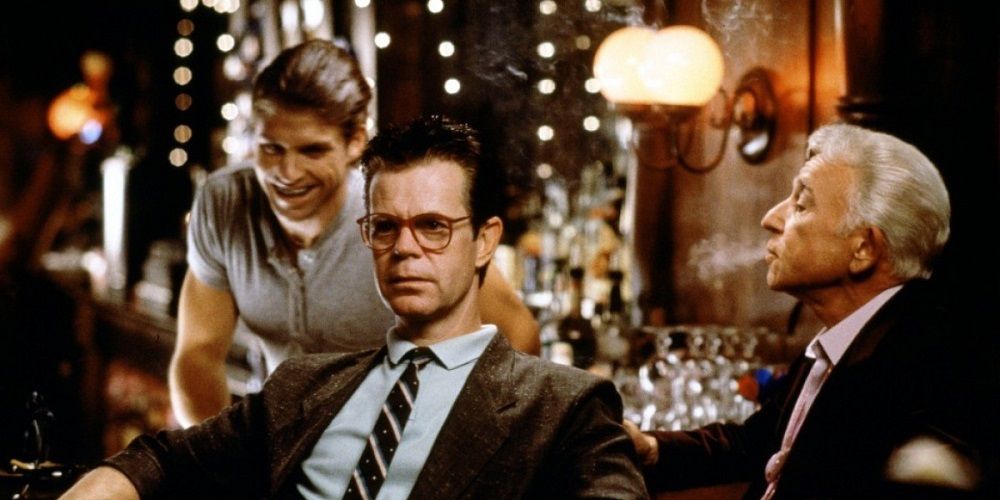
Anderson wrote most of the screenplay for Magnolia while holed up in Willam H. Macy's isolated cabin in rural Vermont. After spotting a snake outside, Anderson was too afraid to leave the cabin, so he hunkered down and wrote a lengthy manuscript.
In addition, the music of Aimee Man was a major inspiration for Anderson during the screenwriting process. Mann's music is not only featured prominently on the soundtrack but Anderson cribs lyrics from one of her songs and puts them into the dialogue. The instance comes when Claudia asks Jim (Reilly), "Now that I've met you, would you object to never seeing me again?"
8 Poster/Trailers
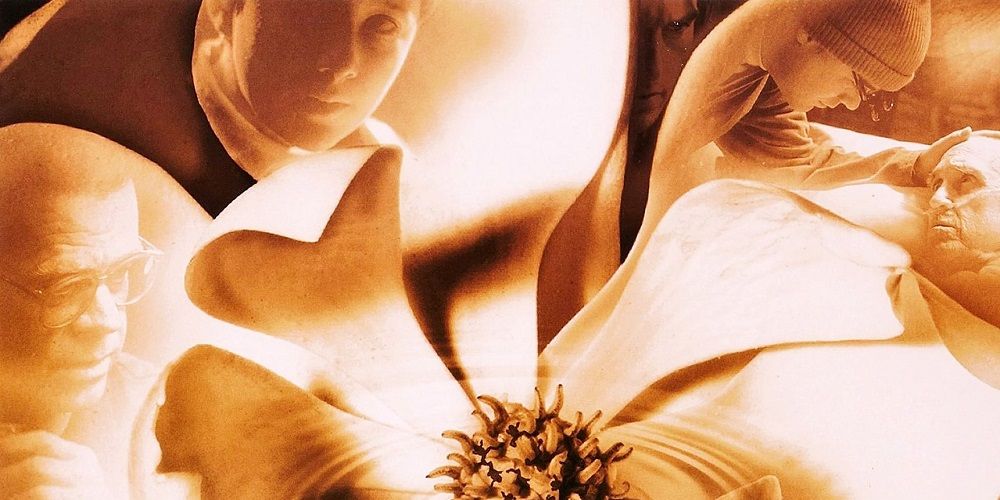
When it came time to promote the film, New Line pressured Anderson into making Tom Cruise the focal point of the official one-sheet poster. When Anderson told them the movie was more of an ensemble piece than a Tom Cruise film, he took matters into his own hands.
Anderson not only designed all of the posters for Magnolia, but he also edited all of the trailers for the film, as well. The main poster features a large Magnolia flower, a visual motif that appears in every single scene in the film.
7 Earl Partridge
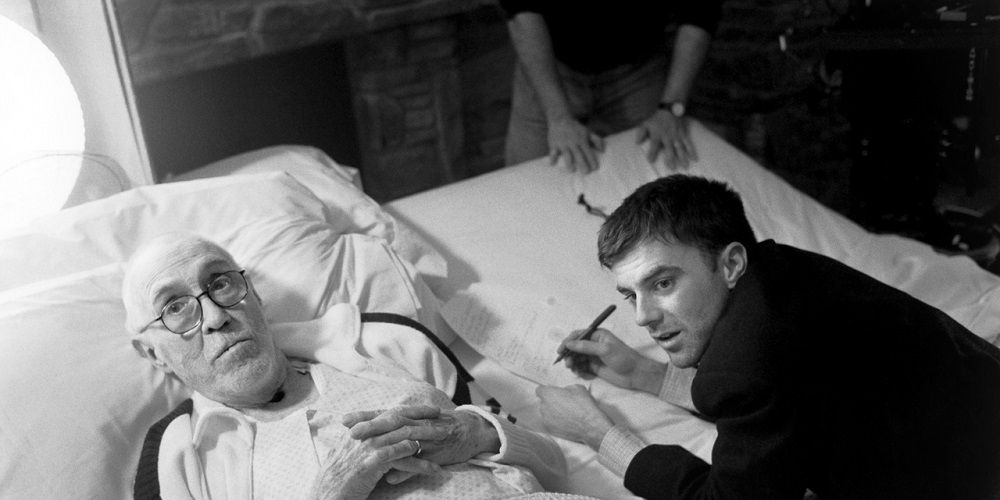
According to Philip Baker Hall, who has known Anderson since his first film, Sidney, the character of Earl Partridge (Robards) is based on Anderson's own father, Ernie Anderson. Anderson was a late-night WABC-TV announcer who got his start hosting monster-movies in Cleveland.
Specifically, Hall claims that the scene of Frank T.J. Mackey (Cruise) visiting Earl on his deathbed is taken from the director's experience dealing with his father Ernie's terminal cancer.
6 George C. Scott
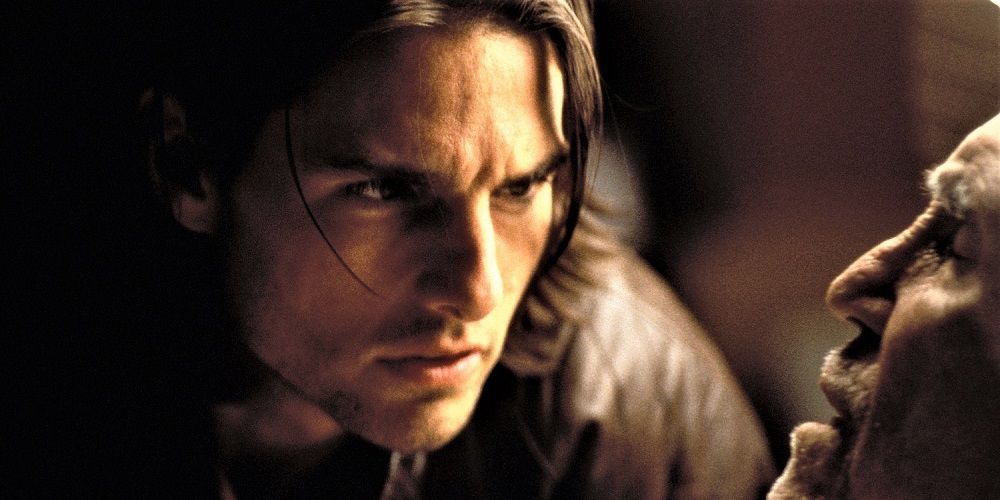
Before Jason Robards was cast Earl Partridge in the film, Anderson approached veteran actor George C. Scott to play the part. However, Scott wasn't too thrilled about the script.
After reading the script, Scott reportedly threw it across the room and profanely intimated that it was the worst thing he'd ever read and that the language was awful. Robards was subsequently cast to play the character dying of lung and brain cancer. Robards died of lung cancer less than a year after the release of the film. Magnolia was his final movie.
5 Tom Cruise
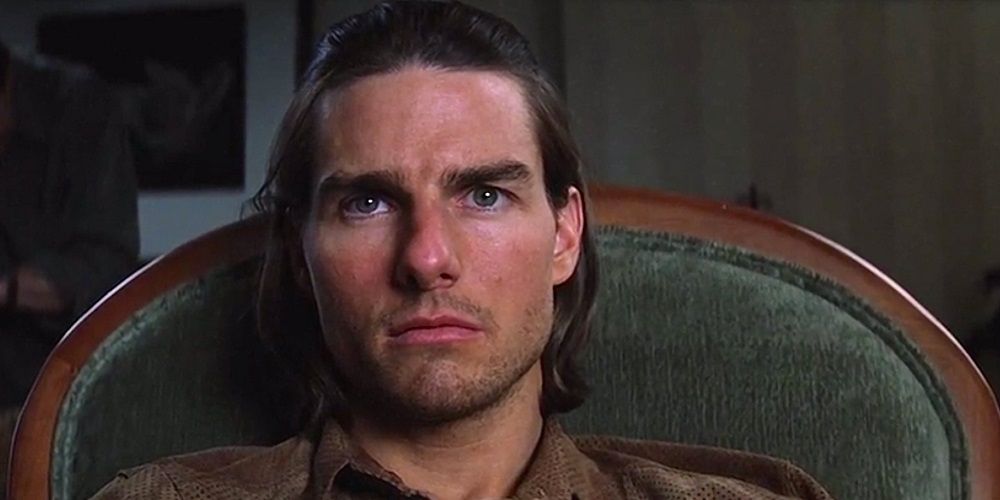
Tom Cruise was such a giant fan of Boogie Nights that he reached out to Anderson on his own to express interest in working with him in the future. As Anderson began writing the script with Cruise in mind, he visited the set of Stanley Kubrick's Eyes Wide Shut in England and offered Cruise the part of Frank T.J. Mackey.
At first, Cruise was reticent to play a character so unlike his movie star persona. However, Mackey was so different than repressed Bill Harford in Eyes Wide Shut that he was thrilled to accept the role.
4 Burt Reynolds
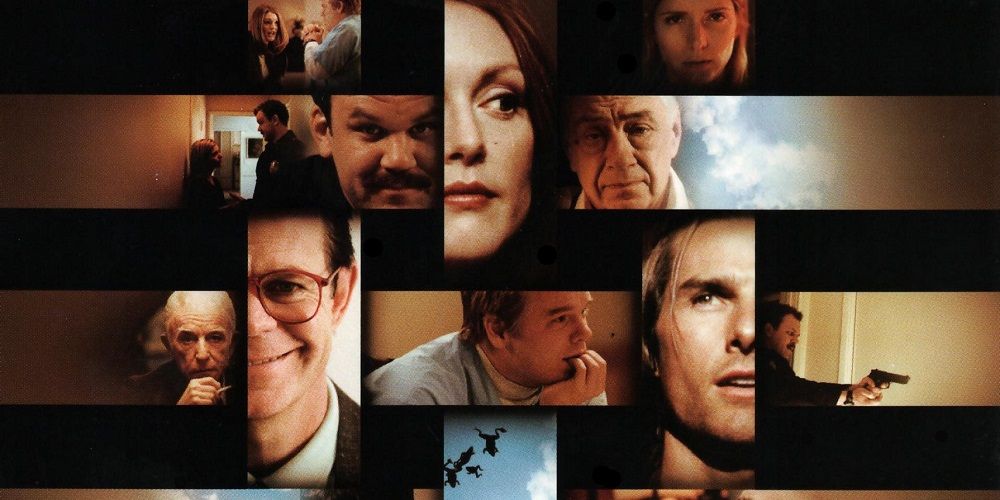
Burt Reynolds earned the only Oscar nomination of his legendary film career for his comeback role in Anderson's Boogie Nights. But when Anderson approached Reynolds to play a role in Magnolia, he said no.
The reason for his decline was due to the tension formed between Reynolds and Anderson while on the promotional circuit for Boogie Nights. Reynolds became upset with Anderson during the promo tour and turned down the role. It is not known which character he was offered.
3 Fiona Apple
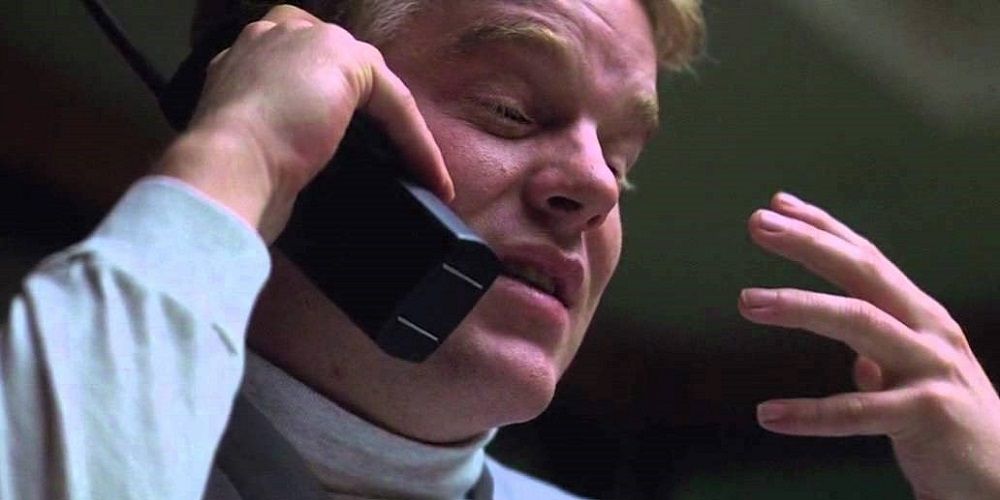
At the time of making the film, Anderson was dating musician Fiona Apple, who made multiple contributions to the final cut. For starters, several of the paintings and artwork hung in the film were created by Apple.
In addition, when Phil Parma (Hoffman) calls the wrong number in the attempt to reach Frank Mackey, the voice of the woman he speaks to is none other than Apple's. Anderson would go on to direct several of Apple music videos, even after separating.
2 Falling Frogs
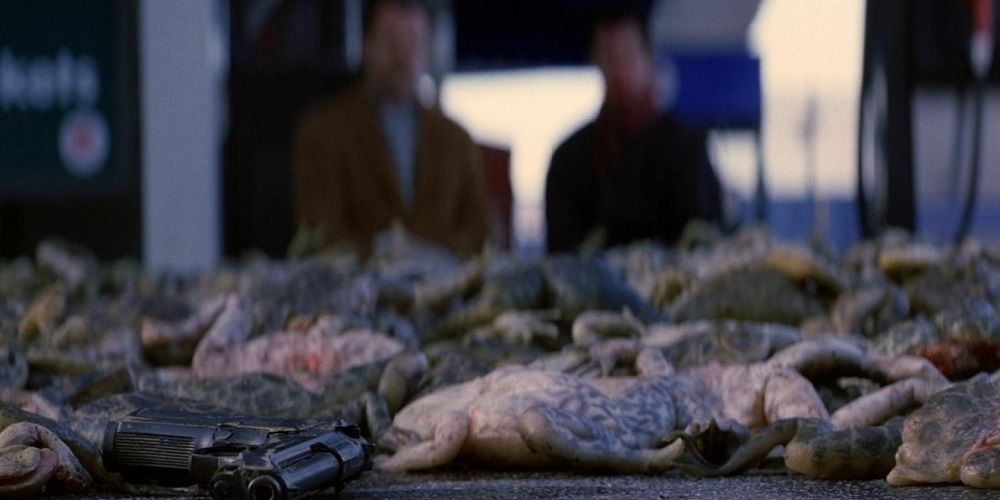
For the iconic segment in which a torrential rain of toads hits Magnolia Blvd, roughly 8,000 rubber frogs were produced and allocated to film the scene. Computer-generated frogs were also used, sparing the harm of real frogs during production.
Anderson got the idea of raining toads from the writings of Charles Fort. While thought to be an allegory, the phenomenon actually occurs when powerful storms pick up frogs when passing over lakes and ponds before dumping them elsewhere. The occurrence once happened to Philip Baker Hall while vacationing in Italy.
1 Exodus 8:2
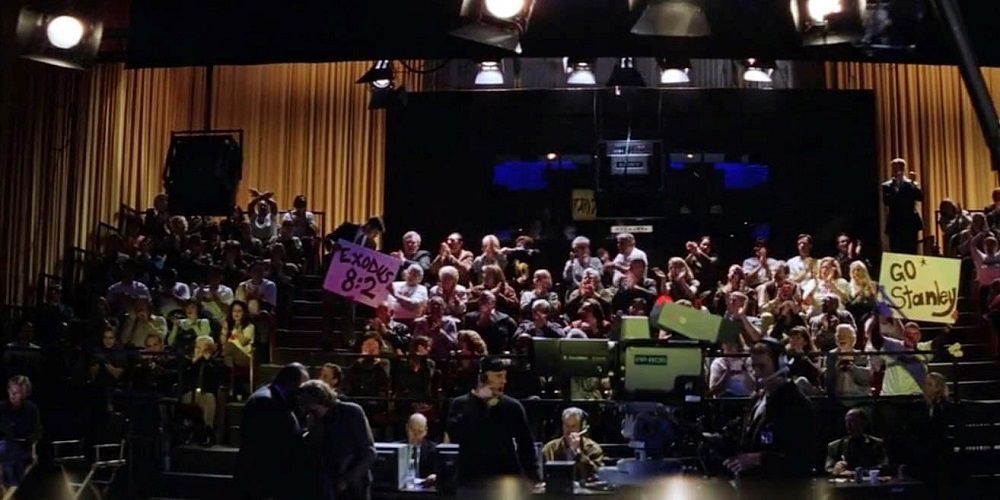
Aside from the white Magnolia flower appearing in every scene, a visual motif in the film features the Biblical passage Exodus 8:2. The paired numbers 8 and 2 are referenced more than 100 times in the film. A few examples include an 82% chance for rain, a blackjack hand of the 8 and 2 of diamonds, a sign for "Exodus 8:2" during the quiz show, etc.
Exodus 8:2 states: "If you refuse to let them go, I will send a plague of frogs on your whole country." While making the film, Anderson subtly hinted at the climax of the film wit the recurring use of the numbers 8 and 2.
from ScreenRant - Feed https://ift.tt/3eZsZPI



0 Comments